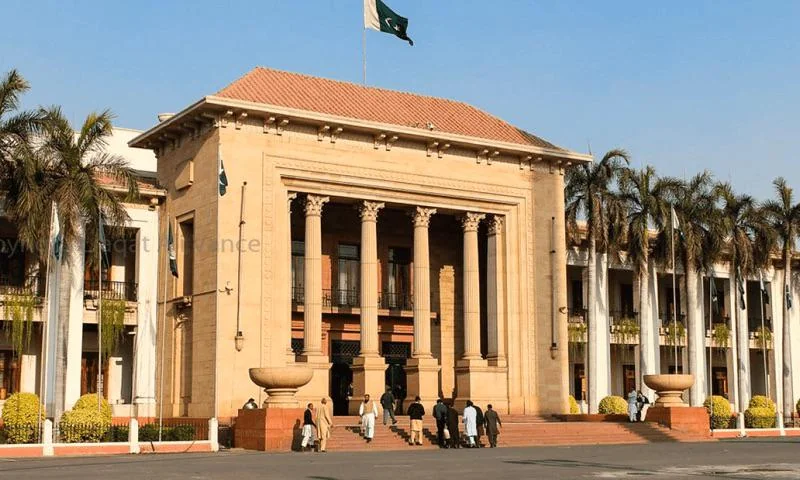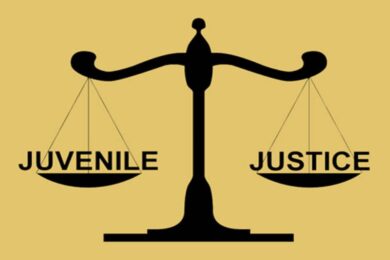
A select committee of the Punjab Assembly has launched consultations on a proposed Punjab Prevention of Offences Against Holy Scripture(s) Bill 2025, which suggests penalties of 10 years to life imprisonment and high fines (₹5–10 lakh) for acts of religious sacrilege. Submissions are open until August 31.
Background of the Case
In early 2024, the Punjab State Government introduced the draft of the Criminal Law (Punjab Amendment) Bill, 2024, aimed at curbing incidents of sacrilege of religious texts. This move came in response to growing public unrest and multiple incidents involving desecration of holy scriptures such as the Guru Granth Sahib, Bhagavad Gita, Quran, and Bible across various districts of Punjab.
The proposed amendment seeks to insert stricter penal provisions in the Indian Penal Code (IPC), specifically:
Section 295AA: Providing life imprisonment for willful acts of sacrilege of holy scriptures with intent to insult religious beliefs.
Extension of summary trial powers to designated judicial magistrates for swift disposal.
Protection from political or religious misuse, by introducing procedural safeguards for arrest and prosecution.
Before presenting the Bill in the Legislative Assembly, the Punjab Government invited public suggestions and expert opinions through an official public consultation notice, making the draft bill accessible online and at district headquarters.
Court Proceedings
As of July 2024, no formal judicial proceedings had taken place, but public interest litigation (PIL) is expected, given the legal and constitutional concerns the Bill raises.
However, several civil society groups, human rights lawyers, and religious organizations began submitting their objections to the Punjab Law Department, with many planning to challenge the bill if passed, on grounds including:
Violation of freedom of speech and expression under Article 19(1)(a)
Vagueness and overbreadth of the definition of “sacrilege”
Potential misuse of blasphemy-like provisions for political or communal purposes
arguments Presented
(in the public debate and legal submissions)
Supporters of the Bill argue:
Religious harmony is endangered by deliberate acts of sacrilege, which must be met with strong deterrents.
Life imprisonment for such offences would send a clear message and reduce communal tensions and vigilante violence.
Current laws under Section 295A IPC are inadequate, offering only up to 3 years’ imprisonment.
The bill respects all religions, as it covers all major scriptures equally.
Procedural safeguards like requiring prior sanction before prosecution will prevent arbitrary arrests.
Critics of the Bill argue:
The provision of life imprisonment is grossly disproportionate and violates the principle of proportionality under Article 14 and 21.
The bill’s vague wording may criminalize free expression, satire, academic critique, or inadvertent actions.
The proposed law resembles blasphemy laws in countries like Pakistan, which have been widely criticized for abuse and persecution.
There is potential for political misuse, especially in election years, with false cases used to harass opponents or minorities.
The bill could undermine secularism, by giving the state a quasi-religious policing role.
Court’s Decision
(Pending; Hypothetical Outcomes Below)
As no formal litigation has yet been concluded, there is no court ruling on this matter as of August 2024. However, if challenged, courts will likely examine:
Whether the Bill violates constitutional freedoms under Articles 14, 19, and 21.
Whether it is vague, arbitrary, or subject to misuse.
Whether existing legal provisions under IPC (Sections 295, 295A, 153A, etc.) already suffice.
If the Bill is passed in its current form and challenged, the Punjab & Haryana High Court or Supreme Court of India may be called upon to assess its constitutionality.
Implications of the Proposed Law
If enacted, the Punjab Anti-Sacrilege Bill would radically transform the state’s criminal jurisprudence on religious offences.
It could serve as a precedent for other states seeking stricter laws on religious matters—sparking a nationwide debate on the limits of penal law in religious contexts.
It might chill legitimate expression, especially among journalists, writers, scholars, and artists.
The Bill could lead to increased communal polarization, especially if it is perceived as favoring one community over others.
It may prompt the Supreme Court to take up constitutional interpretation on sacrilege and freedom of speech, especially in the absence of a uniform blasphemy law in India.
Conclusion
The Punjab Anti-Sacrilege Bill, 2024, is a legally sensitive and socially significant move that seeks to respond to real concerns about religious desecration and public order. However, it enters dangerous constitutional territory by introducing life imprisonment for offences that are inherently subjective and potentially overbroad. Whether the law is upheld or struck down, this development will be a landmark moment for Indian constitutional law, pitting religious sentiment against fundamental freedoms in one of the country’s most diverse states.








No Comments